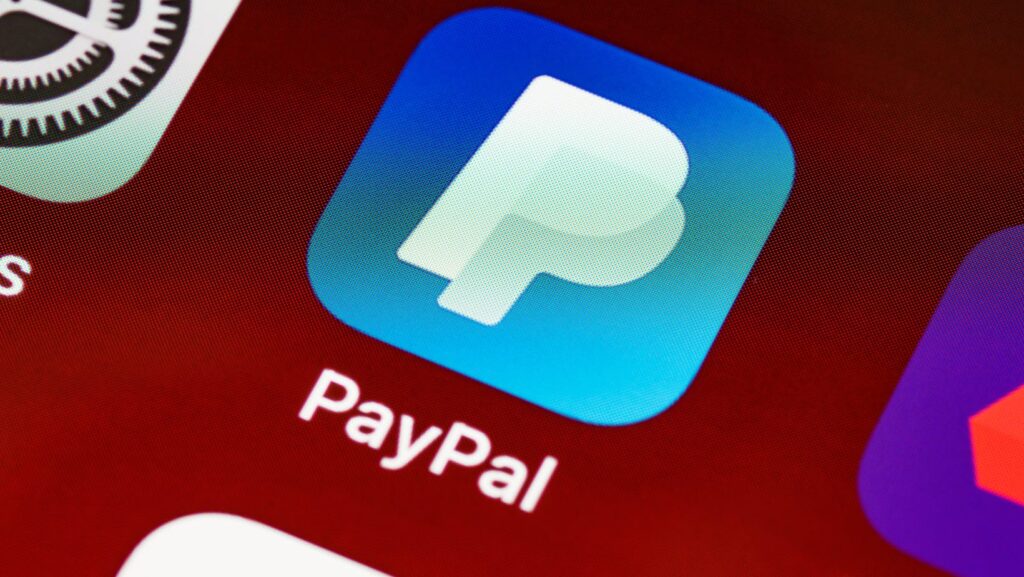In the rapidly evolving world of finance, emerging payment technologies are reshaping the way we transact. From cryptocurrencies to mobile wallets, these innovations are not just changing our spending habits, but they’re also revolutionizing the global economy.
Emerging Payments Technologies

Paving the way for the future of commerce, various sectors have begun to adopt new methods of conducting financial transactions. These progressive evolutions mark a significant shift in the industry, not only due to the advancements in technology but also as an adaptative response to changing consumer behaviors and preferences.
Revolutionizing the traditional payment methods, Contactless methods have introduced an element of seamlessness, bringing in a swift, secure mode of emerging payments technologies. More people are now turning to contactless cards, digital wallets and Near Field Communication (NFC) technology for payments. NFC simplifies transactions by allowing two devices, once within proximity of each other, to communicate and execute transactions without directly touching. A prime example is the “tap and go” feature prevalent in many credit and debit cards.
Advancements in Digital Wallets
Mobile Payment Apps

Mobile payment apps symbolize one of the main advancements in digital wallets. These applications provide ease of use, security, and rapidity, that traditional banking systems can’t match. Examples of thriving mobile payment apps include PayPal, Venmo, and Square Cash, which are built to offer immediate transactions. These apps, not only offer direct transfers between peers, but also cater to payment needs at physical retailers and online platforms.
Users have the liberty to link multiple bank accounts or cards to these apps, hence allowing a well-rounded management of their finances. Unprecedented security measures, such as biometric identification, password-protected accounts, and encrypted transaction data, ensure the safety of users’ funds.
Integration with Other Technologies
Apart from standalone payment apps, significant strides have been seen in digital wallets’ integration with other technologies. For instance, tech companies such as Apple and Google have created their own payment systems, Apple Pay and Google Pay, respectively. These systems are deeply integrated with their existing suite of software and devices, thus allowing for seamless transactions.
Cutting edge technology, such as Near Field Communication (NFC), QR codes, and contactless technology, further bolster the use of these payment systems. These integrations facilitate not only physical transactions but also enhance the ease of online purchases. They expand the scope of the digital wallet, making it more than just a payment method but an all-encompassing financial tool.
Impact of AI and Blockchain
AI in Fraud Detection and Customer Service
AI’s potential extends far beyond traditional operations. For instance, it plays an integral role in enhancing security measures such as fraud detection. Most banks now employ sophisticated AI-powered systems that monitor transactions, recognize fraud patterns, and flag unusual activities swiftly. These systems significantly reduce human involvement in fraud detection, thereby minimizing fallibility and reaction time.
Simultaneously, AI has transformed customer service in the finance sector by introducing chatbots. These AI-backed virtual assistants provide immediate responses to consumer queries, perform simple tasks like balance updates, and guide users through transaction processes.
Blockchain Beyond Cryptocurrency

While Blockchain’s reputation is predominantly tied to cryptocurrency, its applications go beyond digital currencies. It serves as a foundational technology in payment systems due to its robust control mechanisms. For example, Blockchain technology ensures transparent and tamper-proof transactions by providing each party with a synchronized record that cannot be altered unilaterally. It mitigates the possibility of data breaches and fraud.
Moreover, Blockchain enables quicker transactions by eliminating intermediaries, thereby reducing costs and processing times.
New Era of Financial Transactions
Emerging payments technologies are not just a fad; they’re becoming the new normal. From cryptocurrencies to mobile wallets, these advancements are ushering in a safer, faster, and more convenient era of financial transactions. The rise of Bitcoin and the adoption of digital wallets demonstrate how innovation is driving a shift in consumer behavior. AI and Blockchain are playing pivotal roles in enhancing security and streamlining transactions.

